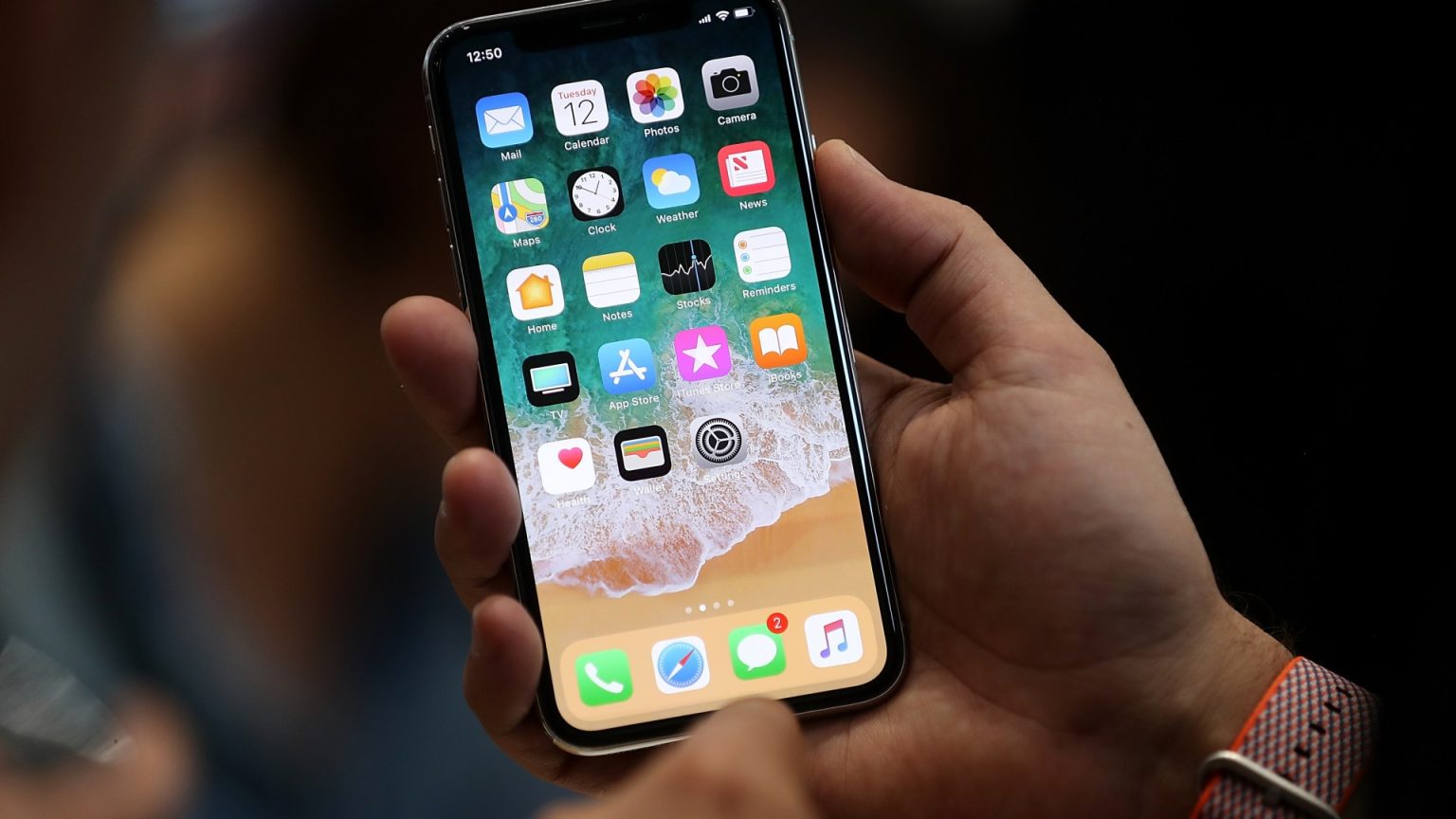The increasing prevalence of internet-connected devices, often termed the “Internet of Things” (IoT), has ushered in a new era of convenience and connectivity, transforming how we interact with our environment and even our intimate lives. However, this interconnectedness comes at a price, as these devices often lack robust security measures, leaving them vulnerable to exploitation by malicious actors. A recent report commissioned by the Department for Science, Innovation and Technology (DSIT) highlights the potential dangers posed by insecure internet-connected sex toys, revealing how hackers could manipulate these devices to cause physical harm and compromise personal data.
The report underscores the vulnerability of these devices to “man-in-the-middle” attacks, where hackers intercept and manipulate communication between the user’s smartphone and the sex toy. Because many of these devices rely on unencrypted connections for remote control functionality, hackers can easily gain access to the control stream and alter the intensity of vibrations, potentially causing significant physical discomfort or even injury. This vulnerability transforms what is intended to be a pleasurable experience into a potential weapon, highlighting the serious consequences of inadequate security in intimate devices.
Beyond the immediate physical risks, the report also raises concerns about the security of associated apps that often accompany these devices. Many of these apps store sensitive personal data, including X-rated images, videos, and chat logs, often on poorly secured third-party servers. This data is a prime target for hackers, who can exploit vulnerabilities in these apps and servers to steal personal information, potentially leading to blackmail, identity theft, or other forms of cybercrime. The report emphasizes the need for manufacturers to prioritize data security and implement robust encryption measures to protect users’ privacy.
The security concerns extend beyond sex toys to encompass a broader range of intimate health and wellness apps. Mark Coté, who led the research at King’s College London, points out that apps used by women for tracking menstrual cycles, pregnancy, and baby development are equally vulnerable to exploitation. These apps often collect highly sensitive personal health data, and their compromise could have serious repercussions for users’ privacy and well-being. The vulnerability of these apps highlights the systemic issue of inadequate security practices within the IoT ecosystem, emphasizing the need for comprehensive security standards and regulations.
The DSIT has acknowledged the growing threat posed by insecure connected devices and has committed to strengthening the UK’s cyber defenses. This commitment is crucial in addressing the escalating risks posed by the proliferation of IoT devices, including those used in intimate contexts. However, bolstering cyber defenses requires a multi-faceted approach, encompassing stricter regulations for manufacturers, increased user awareness about security risks, and ongoing research into developing more robust security protocols for connected devices.
The report serves as a stark reminder that the convenience and connectivity offered by the IoT comes with significant security risks. Users of internet-connected devices, particularly those involving intimate or sensitive data, must be vigilant about security practices. This includes choosing devices from reputable manufacturers with a strong track record of security, ensuring that devices and apps are regularly updated with the latest security patches, and being cautious about the type of information shared through these devices and associated apps. Furthermore, advocating for stronger security regulations and demanding greater transparency from manufacturers about their security practices are crucial steps in ensuring the safety and privacy of users in the increasingly interconnected world. The future of the IoT hinges on addressing these security concerns and fostering a more secure and trustworthy digital environment.




